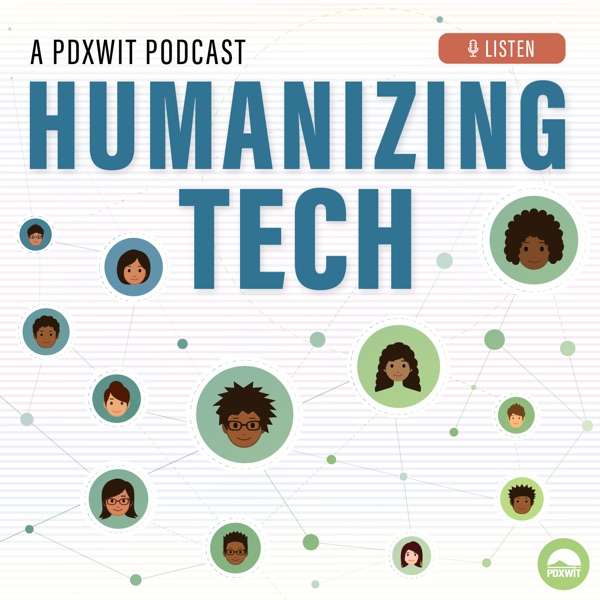We’re back with a special guest!
This time around, Adam Greco of Amplitude graces us as the star of this podcast episode.
Adam is one of the most industrious people in digital analytics. His work with Adobe Analytics (and its predecessor, Omniture) is globally recognized, and Adam’s been instrumental in popularizing the Adobe Analytics platform and making it one of the “big two” vendors in marketing analytics (in addition to Google).
Recently, Adam shifted gears and stepped into the world of product analytics. At first glance, it looks like just a change of a label – analytics is just analytics, right?
Well, not quite. Turns out that the focus is very different when comparing, for example, Amplitude (the company where Adam’s now the Product Evangelist) and Google Analytics.
Product analytics focuses on the product (duh). The uncertainty of the acquisition, on which marketing analytics is predicated, isn’t present in the product analytics context. When collecting data from the product itself, many of the problems that marketing analytics vendors are struggling with, such as how to stitch identity and how to collect cross-device data, are trivial to solve in the product context, where the users are logged in for most of the time.
But at the same time, marketing analytics tools are gravitating towards product analytics schemas (such as the event-based data model), and interestingly tools like Amplitude are taking steps to include acquisition data, too!
Adam joined me on this podcast to discuss all of the above and much more. It’s rare to get a chance to talk with someone who’s seen the emergence, the triumphs, and the declines of the entire, multi-gazillion dollar digital marketing industry.
Adam shared fascinating insights on where he thinks our industry is moving towards. You don’t want to miss this episode!
Listen to the episode using the player or find it in your favorite podcast service.
Topics
- 00:00:00 – Introduction
- 00:06:22 – Adam explains what product analytics is.
- 00:10:48 – Do product analytics vendors mainly compete against homegrown telemetry systems built directly into products?
- 00:13:39 – Why does it seem like the marketing analytics vendors are migrating to the event-based data model that tools like Amplitude have been running since day 1?
- 00:16:55 – What is the appropriate balance between having a system that tells the users how to read and interpret the data vs. giving users the tools to do the analysis however they like?
- 00:20:10 – What is the Apollo project (by Search Discovery), and how is it relevant to what Amplitude is doing?
- 00:23:13 – Is Amplitude trying to become a be-all end-all analytics suite, handling both acquisition and product analytics?
- 00:26:50 – Which is the easier approach: marketing analytics vendors becoming more product analytics -minded, or vice versa?
- 00:30:48 – How relevant is it to figure out the data collection part in these days? Data pipelines are becoming more complex and scalable – does it really matter what happens at collection time?
- 00:33:47 – Are analytics platforms like Amplitude trying to solve for CDP (customer data platform) use cases, too?
- 00:35:11 – What approaches are there to resolving and tracking users’ identities? How does amplitude solve this?
- 00:39:23 – Why has the marketing industry relied so much on third-party cookies?
- 00:40:48 – Many analytics tools use machine learning to fill in the gaps when data is not available. Is this relevant for product analytics vendors like Amplitude?
- 00:43:31 – If you could change anything about Amplitude Analytics at the snap of your fingers, what would you do?
Notes and references
The post TMH #11: Product Analytics with Adam Greco appeared first on Simmer.

 Our TOPPODCAST Picks
Our TOPPODCAST Picks  Stay Connected
Stay Connected







